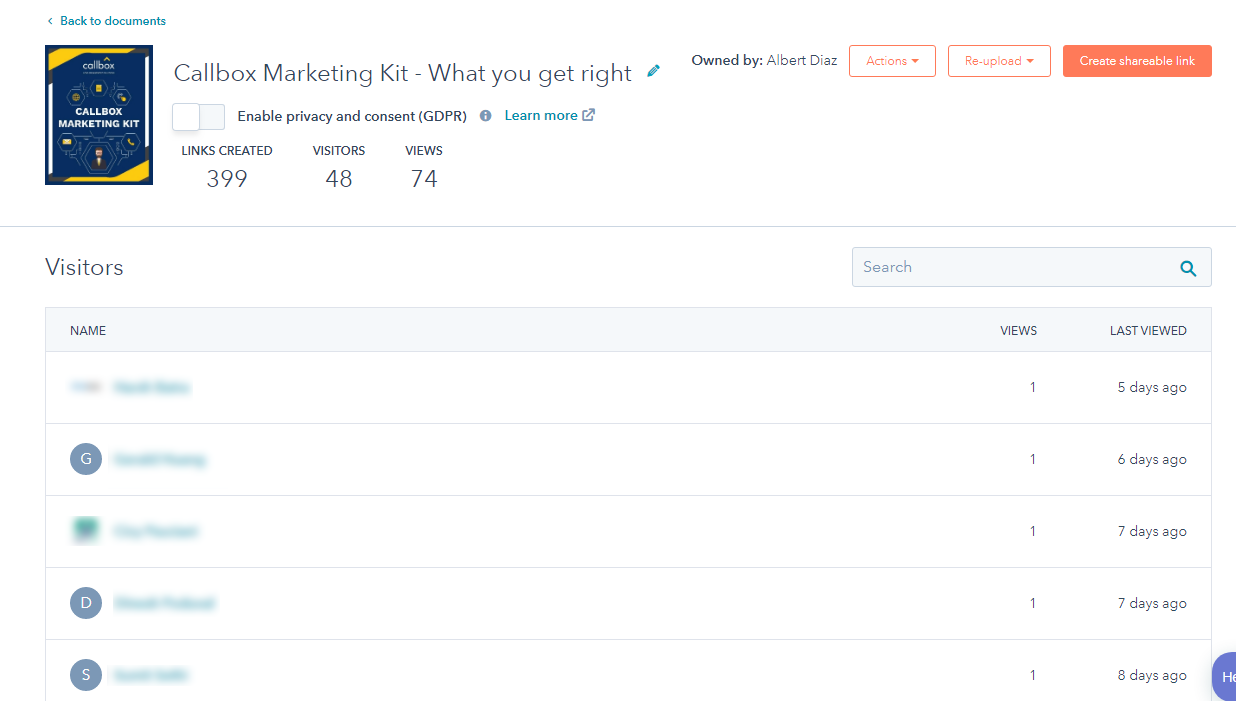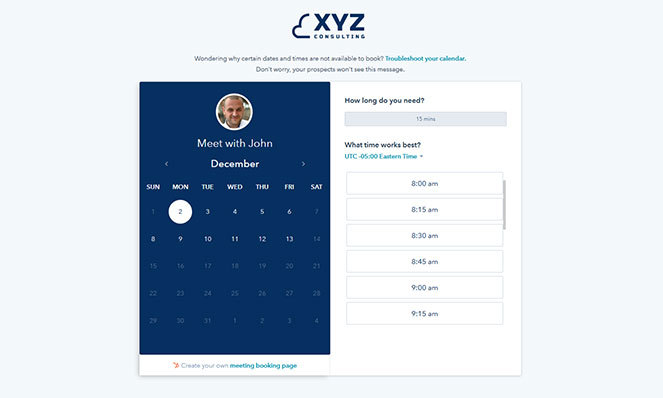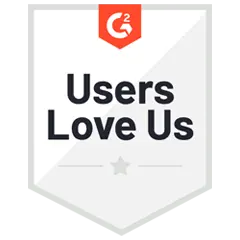The success in sales rides on a lot of factors. As a salesperson, you have to be empathetic while also having the drive to succeed and the resilience to try again or move on to the next prospect after a rejection. In order to be able to sell to your customers, you have to know them closely — which is especially important if you work in lead generation services.
The human aspect of sales will remain constant. The other truth of the matter is also that doing sales is hard, but the good news is that you have technology on your side and that there are many tools out there that will help make the task much easier.
We have compiled a list of our top sales tools picks for you to help you manage your leads, land meetings faster, and close more deals.
Email Extensions
A big part when running your business. Granted, we have the power of social media on our side, but it is not enough to replace transactions done via email. In today’s email-centric work environment, you have to make sure that you stay on top of your game.
Fortunately, there are tons of Gmail plugins that can make your lives much easier. Some of these Gmail extensions add handy new features and capabilities to your email account, while other plugins make a huge difference in email optimization.
Gmail is an email beast and it can do much more than just email. It allows you to be more creative and send more personalized emails as well as enabling you to schedule when your emails will be sent. It’s up to you on which kinds of extensions you want to add that will help you maximize the use of your current Gmail account.
Many businesses integrate CRM tools into their emails so as to increase the productivity of their teams and to keep track of their open opportunities.
Related: How AI Is Shaping an Increase in the Impact of Email Marketing
Some examples of good plugins to consider are:
Streak
This is a sales-oriented Gmail plugin for teams that are tired of constantly switching between their CRM and email. So, Streak turns your Gmail into a CRM and changes the appearance and organization of your inbox.
Dropbox for Gmail
Oftentimes the most private files are sent as PDF attachments such as contracts, documents, financial records, etc. This means that you’ll have to take extra precautions when emailing out those attachments.
Any documents that you upload to Dropbox are encrypted at rest and in transit. So, by using this plugin, you can easily send and preview files without leaving your window and risking them falling into the wrong hands.
Todoist
This handy tool turns your email into a task management system. It is accessible straight from Gmail and lets you access and amend your to-do list anytime and anywhere – even while you’re offline. Isn’t that neat?
Related: How To Personalize Your Emails When You Only Have a First Name
Documents Sharing and Tracking
Back in the early 2000s, the most efficient way of transferring and sharing files was by copying the file to a disk and snail mail it to your recipient. This method has become quite the opposite of efficiency in the past decade.
Today, there are endless file-sharing options that can house, send, and receive far larger files, too such as Dropbox, Google Drive, and Hightail just to name a few. These allow you to share big files with ease, store them in the cloud, and sync them across multiple devices
Something to look into when selecting your preferred tool of choice is its ability to track the views and open rate of the files. If your tool can do it for you, you won’t have to waste time doing it manually. A good example of a tool like this is the Hubspot Documents Tool. It notifies you instantly on your desktop the second your prospect opens a document, clicks on an email link to open your document or shares it with someone. You can see them interacting with your content in real-time which will open up the opportunity for you to follow up in a relevant and timely way.

Related: Callbox + HubSpot: Unbox New Growth Possibilities
Box
If you’ve heard of Dropbox then you’ve also heard of Box. These two have always been pitted against each other. The difference between the two is that Box caters towards businesses and enterprises whereas Dropbox focuses more on consumers and SMBs.
On just a free account basis, Box allows you 10GB storage space and 250GB for max file size. Additional great features of this tool are that it syncs with your desktop and allows for mobile app access. SSL and at-rest encryption, two-factor authentication, and Active Directory and Single Sign-On integration for Business Plus and enterprise only accounts. If you’re looking for a simple and hassle-free storage and file-sharing system, Box is a good choice.
CITRIX ShareFile
Citrix ShareFile creates a custom file-sharing site for businesses, so you can share files easily with your co-workers, clients, partners, and others. It offers lots of compelling features and tools for users, including workflow management, document collaboration, e-signatures, and integration with Microsoft Outlook and Gmail.
In addition, you are also given customizable permission settings. The ShareFile dashboard makes it easy to add new users and toggle between personal and shared folders.
Google Drive
Undoubtedly one of the most well-known and most-used file-sharing tools is Google Drive. The main reason why is because it is easily accessible and easy to use. You can easily extend the power of your drive by integrating 3rd-party apps including DocuSign for e-signatures, CloudLock for additional security layers, and many more to get things done directly from the Drive.
You can easily control how your files are shared, and who gets to see them. You can even keep some files private until you choose to share them. And even after you’ve shared them, you can tweak the settings to whether the receiver can only view them, comment on them, or even edit them.
Related: The Ultimate List of Must-Have Multi-Channel Marketing Tools
Meeting Scheduling/Calendar Tool
Scheduling meetings can be time-consuming and oftentimes deter you from doing things that are actually productive. We suggest that you invest in tools that will help you conveniently schedule your meetings and improve your overall productivity in your workplace.
When looking for the right scheduling/calendar tool for your business, consider it being able to sync with CRM. CRM integration can cut out the drudge work filling up your calendars and improve your business relationships. It also helps you stay connected with your customers, streamlines processes, and improve profitability.
A great example is the Hubspot Meetings. This tool eliminates the back and forth of meeting scheduling and instead enables your prospects to book meetings with you. Your meetings sync to your Google or Office 365 calendar so that your prospects can see which days you’re available for. So, by letting your prospects set the appointment with you, it gets rid of the consistent back and forth emails just to set one schedule with them.

Conference Tool
The preferred method of holding meetings and conferences nowadays is via Web Conferencing. It’s more efficient since you don’t have to travel just for a short 30-minute meeting and you can connect with your partners and teams anytime, There are many web conferencing tools you can choose from. Some are more costly than others but are worth the investment considering the added features, and there are also many free versions to choose from.
A good example is Skype. It is one of the earliest video chat services which provides a multi-platform, pay-as-you-go solution for video conferencing, with free calls between skype subscription holders. Skype Meetings is Skype’s free video-conferencing service. It offers most of the same tools you can find from other web conferencing tools as well.
Zoom is another great way of conducting web conferences equipped with various features that make your experience more productive and interesting. For example, if you have multiple participants in one call, they can share their screens simultaneously and co-annotate so you can have a more interactive meeting. It also has end-to-end encryption for all your meetings and role-based user security to ensure top security for all your meetings.
Related: Fill Your Calendar with Meetings with These Appointment Setting Tips
Takeaway
As said earlier, sales should never lose its human touch with the perfect balance between human touch and technology. These four tools are the most essential tools you will need for sales.
There are many more applications for each tool that we’ve listed, but these are our top picks that you can choose and start from. We also encourage you to explore on your own, see what other tools work for you.











